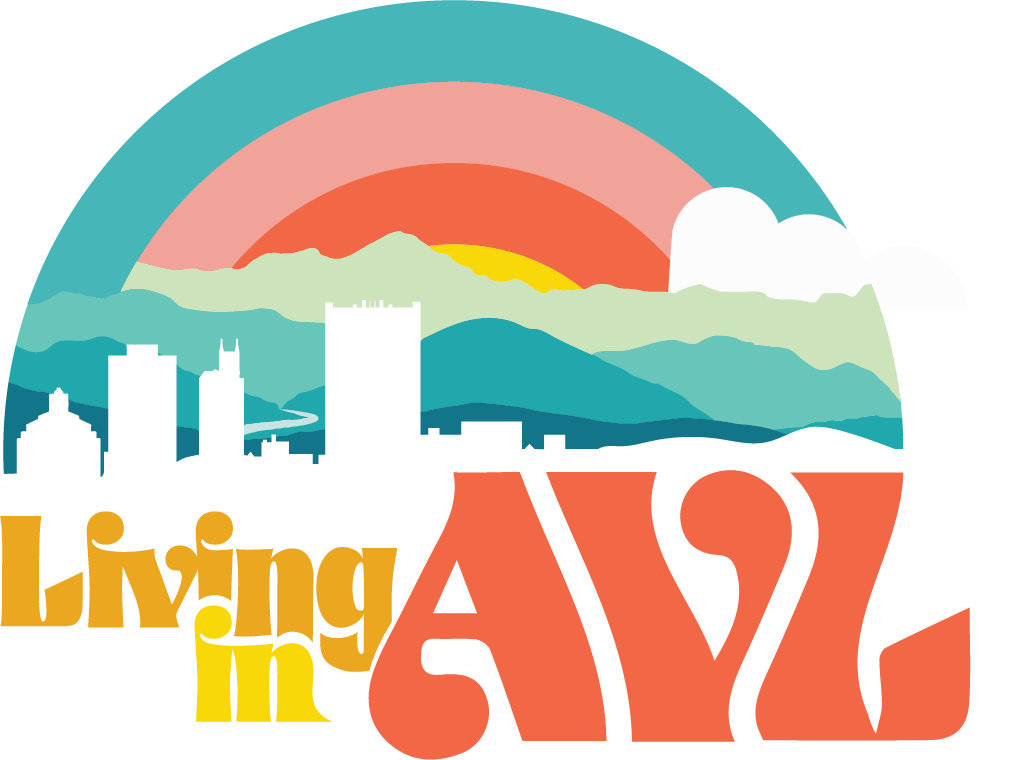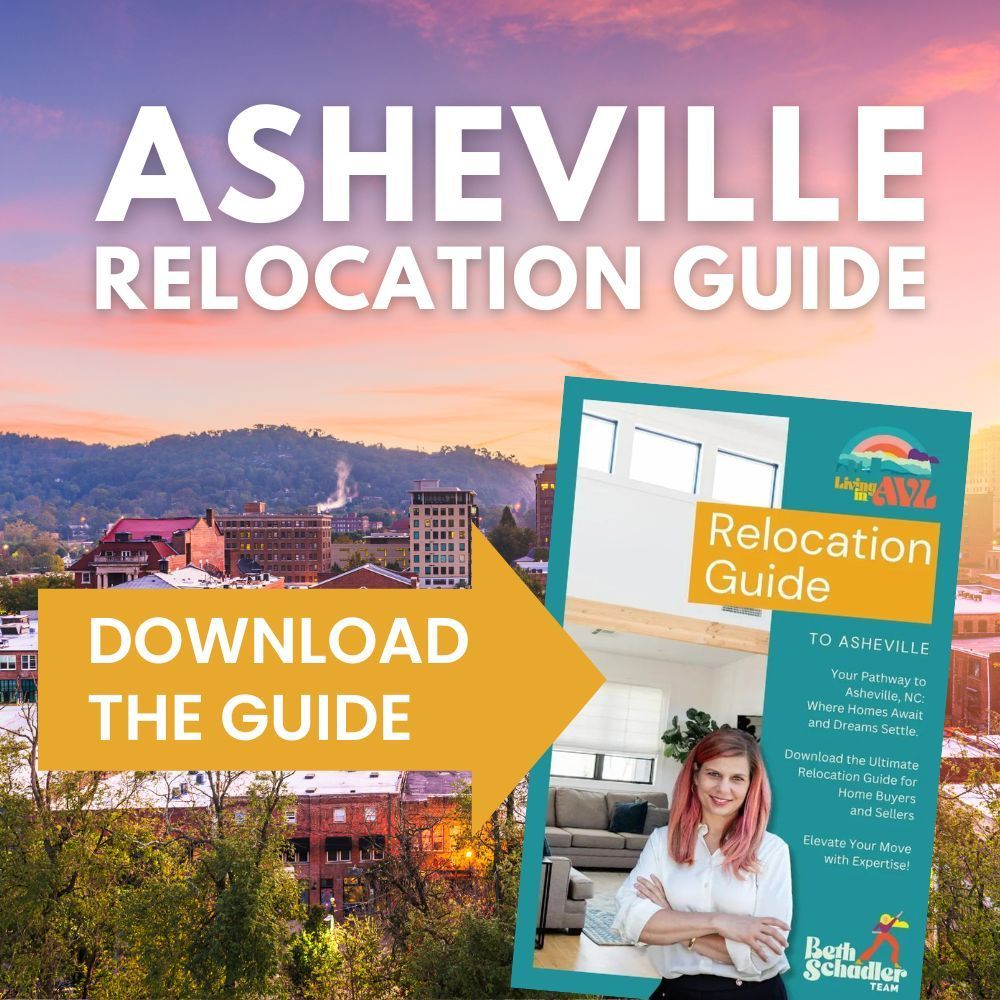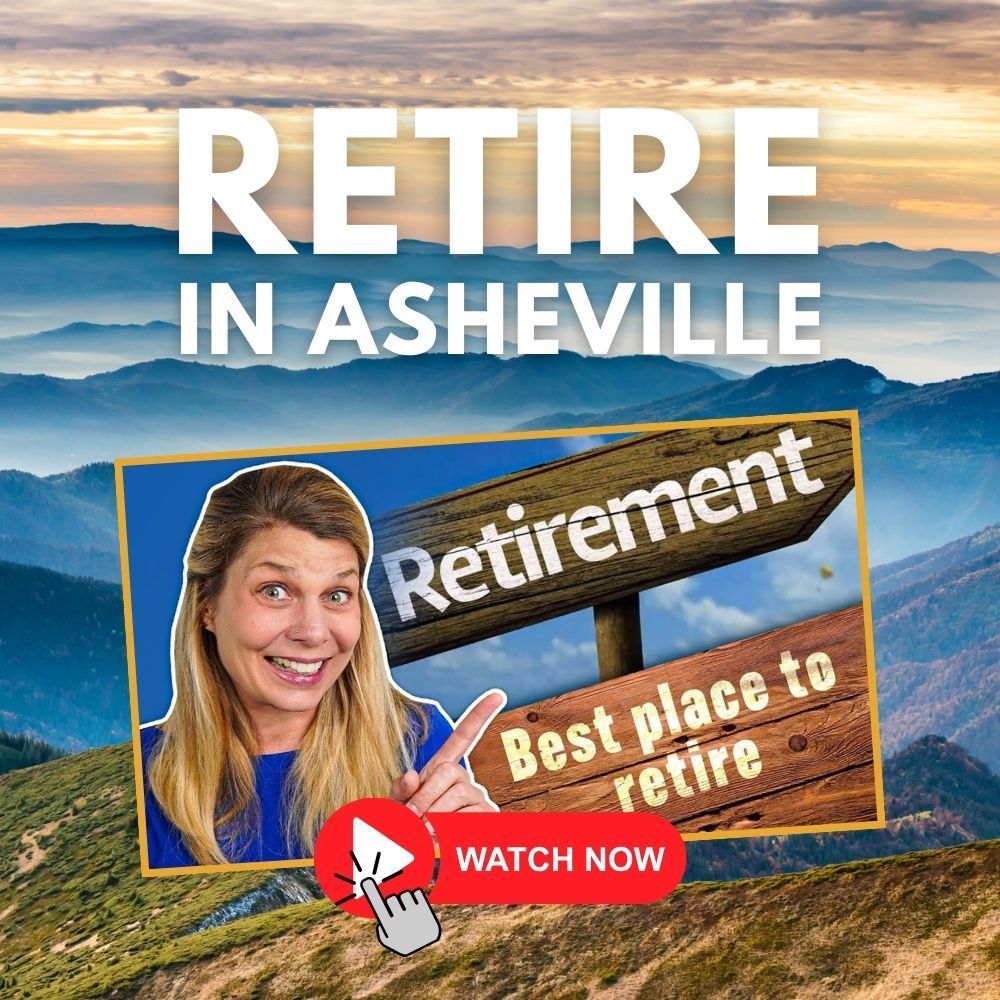The Top Reasons People are Leaving Asheville: A Closer Look at the Factors Driving Locals Away
Table of Contents
- Introduction
- Cost of Living Discrepancy
- City Development and Gentrification
- Impact of Tourism and Marketing
- Rising Real Estate Prices and Affordable Housing Crisis
- Transforming Local Neighborhoods
- Shift in Demographics
- Hotel and Tourism Industry Expansion
- Local Perspectives on Asheville's Evolution
- The Radical: A New Boutique Hotel in Asheville
- Conclusion
- FAQ
Introduction
Asheville, North Carolina is a vibrant and beautiful city that has seen a surge in popularity in recent years. With its stunning landscapes, vibrant arts and music scene, and award-winning restaurants, it's no wonder that people are drawn to this unique city. However, with this surge in popularity comes a number of challenges, including a growing discrepancy between the cost of living and the wages earned by residents. In this blog, we'll take a closer look at the factors driving locals away from Asheville.
Cost of Living Discrepancy
One of the biggest reasons why people are leaving Asheville is the significant gap between the amount of money that people make and the cost of living in the city. Despite the appeal of the James Beard award-winning restaurants and the vibrant arts scene, many residents are finding it increasingly difficult to afford to live in Asheville.
Factors Contributing to the Cost of Living Discrepancy
- Rising housing prices: The cost of purchasing or renting a home in Asheville has skyrocketed, making it unattainable for many residents.
- Low wages: Despite the city's popularity, many residents are struggling to earn a livable wage, making it difficult to keep up with the rising cost of living.
- Development and gentrification: The rapid development and gentrification of the city have led to an increase in property values, making it challenging for long-time residents to afford to stay in their own neighborhoods.
As a result, many locals are being forced to leave the city in search of more affordable living options, with many choosing to relocate to nearby suburbs such as Weaverville, Fairview, and Black Mountain.
City Development and Gentrification
Asheville has experienced rapid development and gentrification, leading to a surge in property values and housing prices. The once affordable areas of the city have become desirable due to marketing efforts and the influx of tourists, making it difficult for long-time residents to afford to stay.
Impact on Locals
- Many long-time residents are being priced out of their own neighborhoods due to the increase in property values.
- Development has led to a shift in the demographic of the city, with new residents often having more financial resources.
- Gentrification has caused the displacement of many artists and lower-income individuals who once made up the heart of Asheville's creative scene.
As a result, many locals are seeking more affordable living options in nearby suburbs, contributing to the suburbanization of the Asheville area.
Impact of Tourism and Marketing
The surge in popularity of Asheville can be attributed to the city's successful marketing efforts, which have positioned it as a desirable destination for tourists and new residents alike. However, the impact of tourism and marketing has also brought about several challenges for the local community.
Challenges Faced by Locals
- Increased inconvenience, with a higher volume of tourists leading to crowded public spaces and more traffic in the city center.
- A shift in the demographic of the city, with new residents often having more financial resources, impacting the affordability of living in Asheville.
- A rise in the number of hotels and short-term rentals, leading to a strain on affordable housing options for long-time residents.
While tourism and marketing have put Asheville on the map as a desirable destination, it has also led to growing pains and challenges for the local community, as they navigate the impact of increased popularity and development.
Rising Real Estate Prices and Affordable Housing Crisis
Asheville has experienced a significant rise in real estate prices, leading to an affordable housing crisis for many residents. The cost of purchasing or renting a home in Asheville has skyrocketed, making it unattainable for many locals. This discrepancy has been exacerbated by the low wages earned by residents, despite the city's popularity and appeal. Additionally, rapid development and gentrification have led to an increase in property values, making it challenging for long-time residents to afford to stay in their own neighborhoods.
As a result, many locals are being forced to leave the city in search of more affordable living options, with many choosing to relocate to nearby suburbs such as Weaverville, Fairview, and Black Mountain. The impact of rising real estate prices and the affordable housing crisis has led to significant changes in the demographic of the city, with many artists and lower-income individuals being displaced from their once affordable neighborhoods.
Transforming Local Neighborhoods
The rapid development and gentrification of Asheville have led to significant transformations in local neighborhoods. What was once an industrial area has been revitalized into a tourist destination, with the influx of breweries and entertainment venues. The city's marketing efforts have successfully positioned Asheville as a desirable destination for tourists and new residents, leading to an increase in tourism and development.
Impact on Local Neighborhoods
- Historic neighborhoods have seen significant changes, with the addition of new hotels and boutique venues, altering the cultural landscape of local neighborhoods.
- Developers are utilizing missing development to create more affordable housing options, such as tiny homes on small lots, to combat the affordable housing crisis.
- Local neighborhoods are experiencing growing pains, with increased inconvenience due to higher volumes of tourists, crowded public spaces, and changes in the city's demographic.
Despite the challenges faced by local neighborhoods, efforts are being made to create more affordable housing options and preserve the unique cultural heritage of Asheville's historic communities.
Shift in Demographics
The demographic of Asheville has shifted over the years, with new residents often having more financial resources. This change has impacted the affordability of living in Asheville, leading to challenges for long-time residents. The city's once fiery artistic momentum has given way to a demographic of individuals with different life phases, such as remote workers, early retirees, and those with significant financial means. As a result, the city has aged, and the demographic shift doesn't always align with the original artistic and inclusive scene that once made Asheville so unique.
Hotel and Tourism Industry Expansion
Asheville has experienced significant growth in its hotel and tourism industry, with many new hotels and short-term rentals popping up in the city. The surge in popularity has led to increased inconvenience for locals, with crowded public spaces and more traffic in the city center. Additionally, the strong tax on short-term rentals and hotels contributes to the continuous promotion of Asheville, benefitting the city's marketing efforts but also posing challenges for the local community. Despite these challenges, the expansion of the tourism industry has brought about unique experiences for visitors, such as boutique hotels that incorporate art and local culture into the guest experience, contributing to the city's vibrant and dynamic atmosphere.
Local Perspectives on Asheville's Evolution
Asheville's rapid development and gentrification have led to significant changes in the city's landscape, impacting the lives of locals in numerous ways. Here are some local perspectives on Asheville's evolution:
The Cost of Living Discrepancy
Many residents have expressed concerns over the significant gap between the amount of money they make and the soaring cost of living in Asheville. This has made it increasingly challenging for locals to afford housing, especially with rising property values.
Impact on Local Neighborhoods
The development and gentrification of Asheville's local neighborhoods have led to transformations in the city's cultural landscape. Historic areas have seen significant changes, with the addition of new hotels and boutique venues, altering the cultural heritage of these neighborhoods.
Shift in Demographics
Asheville's demographic has shifted over the years, with new residents often having more financial resources. This change has impacted the affordability of living in Asheville, leading to challenges for long-time residents and artists who once made up the heart of the city's creative scene.
Hotel and Tourism Industry Expansion
The significant growth in Asheville's hotel and tourism industry has brought about unique experiences for visitors. However, it has also led to increased inconvenience for locals, with crowded public spaces and more traffic in the city center.
The Radical: A New Boutique Hotel in Asheville
The Radical is a new Boutique Hotel located in the river Arts District of Asheville, offering a unique and immersive experience for guests. Here are some key features of The Radical:
Hotel Features
- 70 guest rooms with modern amenities and stylish design elements.
- A rooftop bar with unobstructed views of the French Broad River and the river Arts District, creating a picturesque setting for guests to enjoy.
- An in-house restaurant, Golden Hour, run by a well-known chef in the Asheville area, Jacob Sessoms.
- A forthcoming coffee shop and bakery, Afterglow, which will offer a unique blend of daytime coffee and evening DJ and Bar Lounge experiences.
The Radical aims to provide a dynamic and artistic environment that reflects the vibrant culture and heritage of Asheville, making it a compelling addition to the city's hospitality landscape.
Conclusion
Asheville, North Carolina has experienced significant changes in recent years, leading to several challenges for its residents. The cost of living discrepancy, rapid development and gentrification, the impact of tourism and marketing, rising real estate prices, and the transformation of local neighborhoods have all contributed to the reasons why people are leaving Asheville. While the city remains a desirable destination, the challenges faced by locals have led many to seek more affordable living options in nearby suburbs. Efforts to address the affordable housing crisis and preserve the unique cultural heritage of Asheville's historic communities are ongoing. As the city continues to evolve, it's important to consider the impact of growth and development on the local community to ensure a sustainable and inclusive future for all residents.
FAQ
Q: What are the main reasons people are leaving Asheville?
A: The main reasons include the significant gap between the amount of money that people make and the cost of living in Asheville, rapid development and gentrification, the impact of tourism and marketing, rising real estate prices, and the transformation of local neighborhoods.
Q: Where are locals moving to when leaving Asheville?
A: Many locals are choosing to relocate to nearby suburbs such as Weaverville, Fairview, and Black Mountain in search of more affordable living options.
Q: How has the city's demographic shifted over the years?
A: The city's demographic has shifted, with new residents often having more financial resources. This change has impacted the affordability of living in Asheville, leading to challenges for long-time residents and artists who once made up the heart of the city's creative scene.
Contact Information
Thinking about what's next for you in Asheville? Whether you're itching to move or just curious about your options, we've got your back! Let's chat about staying put or finding your next adventure together. Shoot us a message anytime with your questions or just to say hi – we're here to help!

Phone: 828-523-9211
Email: beth@livinginasheville.com
Website: www.livinginasheville.com








